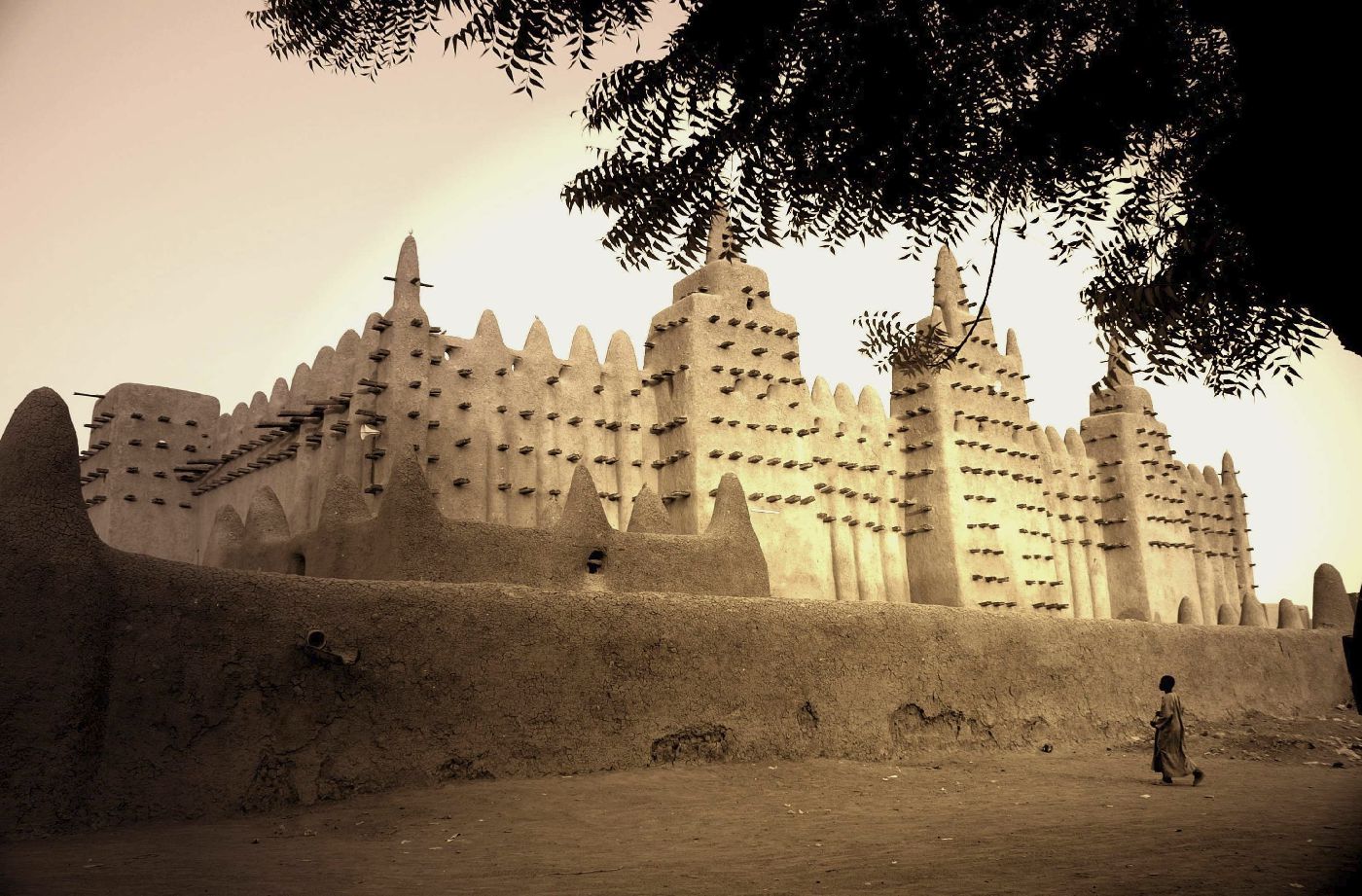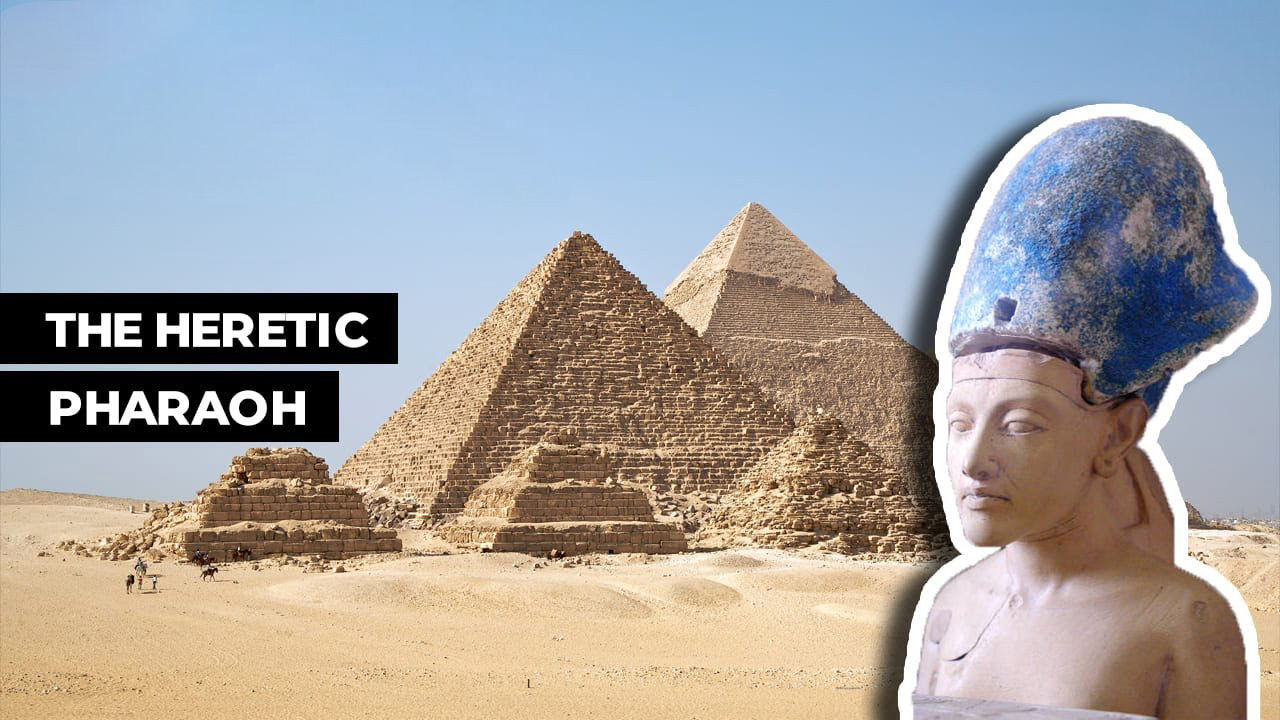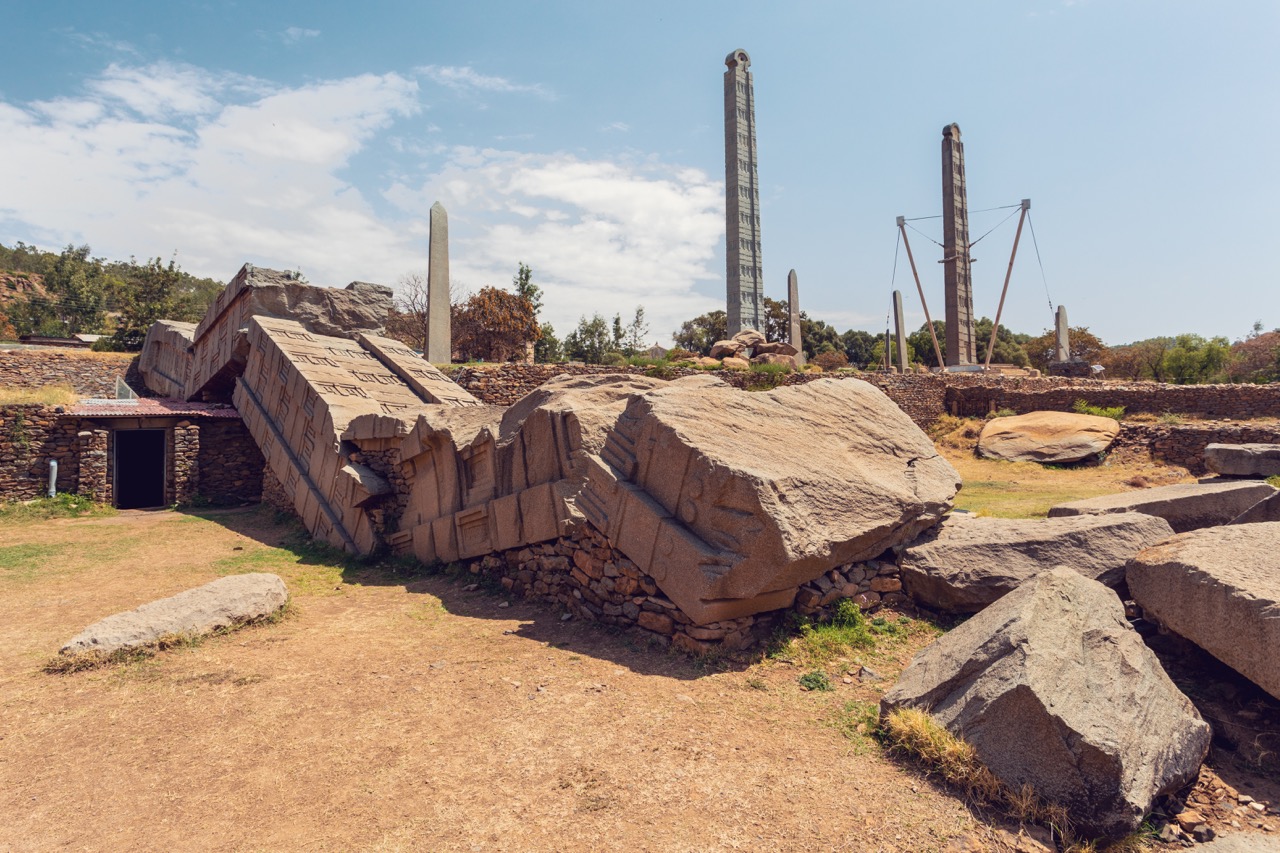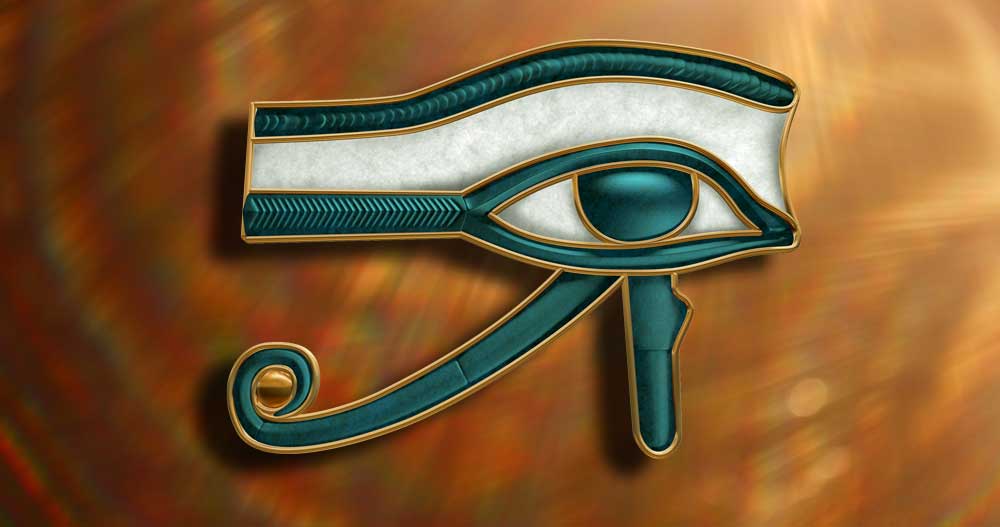The Songhai Empire was a short-lived Western African State controlled by an ethnic group with the same name – the Songhai. Despite the fact that the Empire dominated the region for just over a century, Songhai is considered to be the largest African state in history.
The Emergence of the Songhai Empire
The Songhai Empire was established during the decline of the mighty Mali Empire in the 14th and 15th centuries. It is good to know that the Songhai people lived in the region centuries before the Mali Empire took control over the most important territories in the 13th century. They did not have an established state back then, but their most important city – Gao, was already one of the major trading centers in Western Africa.
As the Songhai people separated from the weakened Mali Empire around the 1460s, they took control over Gao, and it became their capital. Their first ruler, the one who lead the Songhai people to greatness, was called Sonni Ali Kulun. He ruled for nearly 30 years, during which he conquered most of the neighboring territories, including the remains of the Mali Empire.
Sonni Ali
The Songhai Empire dominated the region for a strangely short period compared to its size and potential. It had only two powerful rulers – Sonni Ali and his son Askia the Great. When their time passed, the Empire entered a prolonged period of civil wars that led to its end.
Nevertheless, Sonni Ali, the founder of the Songhai Empire, was an extraordinary man. It is important to note that he was Muslim like all Songhai rulers before him. He remained known in history as one of the greatest African military strategists.
Not only did he unite all the individual Songhai tribes and communities, but he also conquered other powerful ethnic groups like the Dogon people on the north. More importantly, he took control over two of the most important cultural and trading centers of Western Africa – Timbuktu and Djenne. With this, he took full control over the most important trading routes in the region and secured the economic power of his Empire.
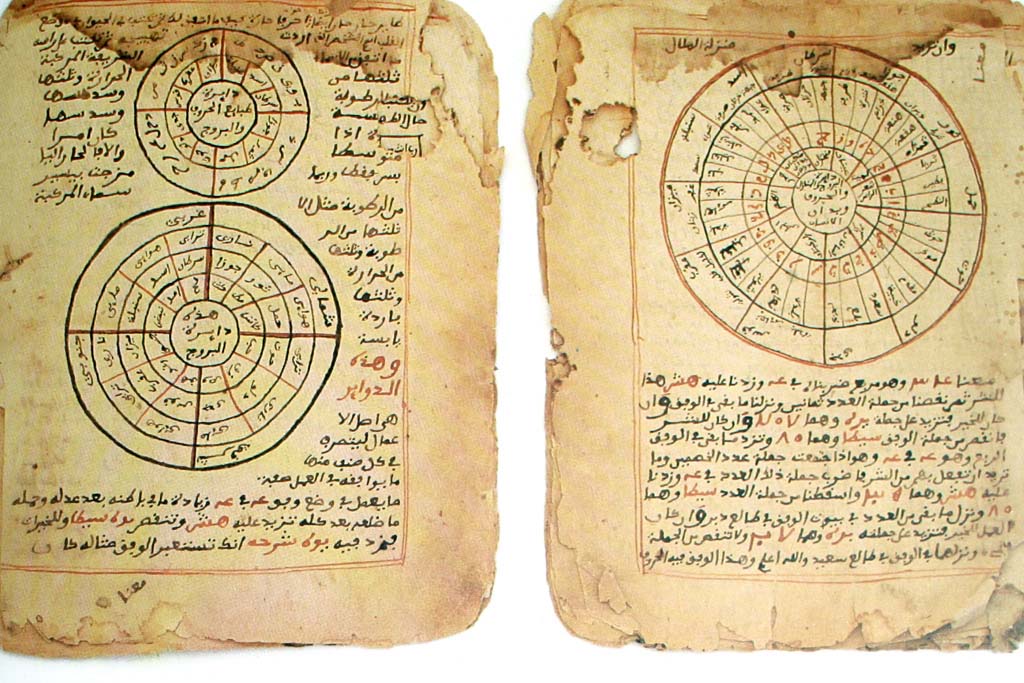
Despite his incredible military knowledge, these two conquests are the reason behind his conflicted image in history. For example, he annexed Timbuktu after the Islamic leaders of the town send a call for help. Instead of a more peaceful solution, Sunni Ali destroyed the entire city and later rebuilt it into the most important cultural center of his Empire.
The conquest for Djenne is a whole other story. At that time, this was one of the wealthiest towns in the region. It took Sunni Ali seven years to conquer the city and incorporate it into the Empire, which happened only after he starved the citizens with a seven-year-long siege.
Askia the Great
After the death of Sonni Ali, his son took over the Empire but ruled for less than a year when Askia Muhammad I, popularly known as Askia the Great, challenged him and overthrew him. He ruled for nearly four decades and brought the Empire to such growth that could easily be called a Golden Age if its period wasn’t so short. Although he conquered new territories and subdued other ethnic groups, he is mostly known for his other achievements.
Unlike his father, Askia focused on religion and education. He opened numerous religious schools in each of the larger cities and funded the construction of mosques. His aim was to establish Islam as the main religion in his Empire, but simultaneously, he did not force any religion over his people. Soon enough, he was named patron of Islam in the region.
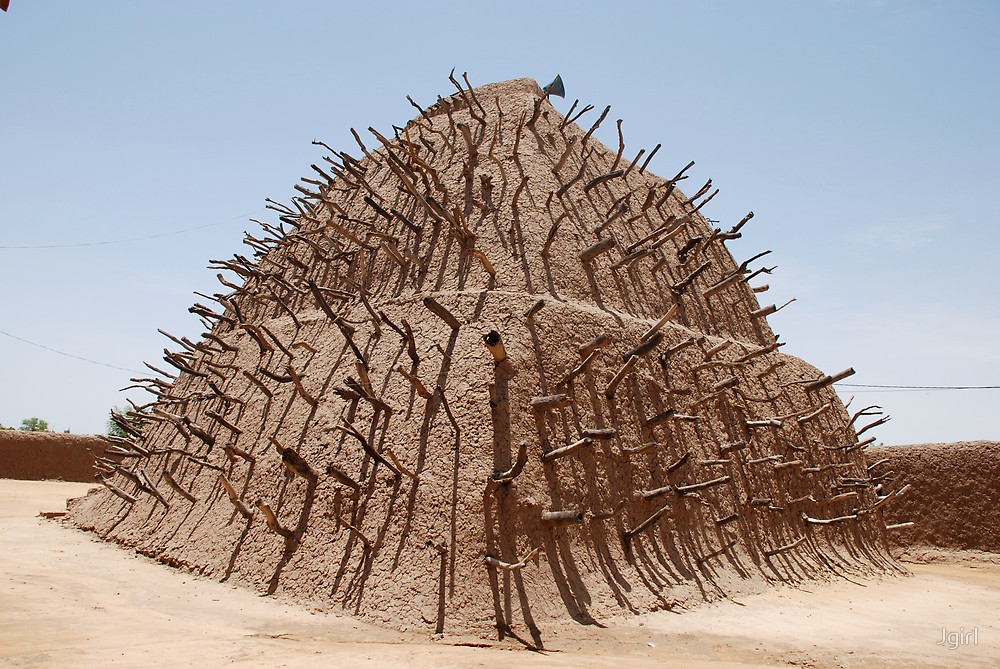
During his reign, the Songhai Empire evolved in a state of equal greatness to the then-European civilizations. He had an enormous interest in astronomy and worked towards the development of this science and built observatories.
As impressive as this may sound, he insisted on the construction of canals that would help agriculture and trade. He is known to be the first ruler to introduce measures and weights in trade. Last but not least, he appointed inspectors in his trading centers.
Unfortunately, despite his lifelong efforts, his airs did not have his knowledge and potential and failed to keep the Songhai Empire strong, which lead to its decline.
The Decline of the Songhai Empire
Askia the Great lost his throne after his sons rebelled against him. Unfortunately, they failed to control the Empire, which led to a prolonged civil war that lasted around two decades. The decline was further deepened by the continuous invasion of Morocco, which began as a surprise. The sole purpose behind this invasion was the control over the trade routes and the overall trade of gold and salt in the region.
Despite all its wealth and economic power, the Songhai Empire had one major problem that could easily be the reason behind its collapse. Although the Empire had a large army, it wasn’t modernized. At that time in history, gunpowder was already invented in China, and the Arabs already had developed guns with arrows. At the same time, the Songhai army had nothing but spears, swords, and arrows.
The end of the Songhai Empire did not come until a few decades later in 1591. It even had a relatively successful ruler – Askia Daoud, who reigned for over 30 years between 1549 and 1582. It was only after his death when a new civil war between the potential successors for the throne led to the end of the Empire after a new invasion by Morocco.
During the decisive Battle on Tondibi, the Moroccan forces of Judar Pasha obliterated the incredibly large force of Askia Ishaq II. It is curious that the Songhai army consisted of over 20 000 warriors while the Morrocan forces were less than 5000 but equipped with the latest form of the then-modern Arquebus gun. Events like these in history prove that numbers do not always win battles, but instead if a nation does not modernize its military forces, it will hardly prevail.
